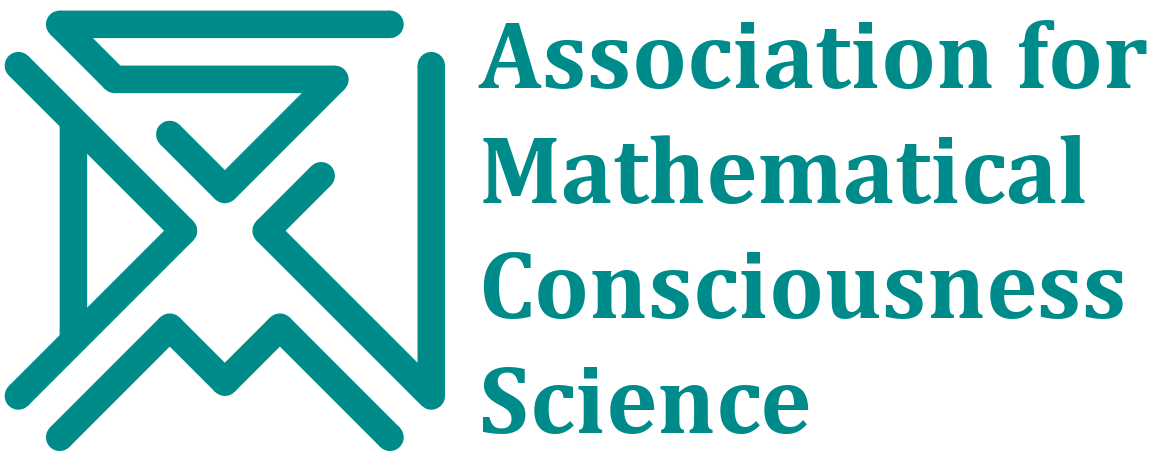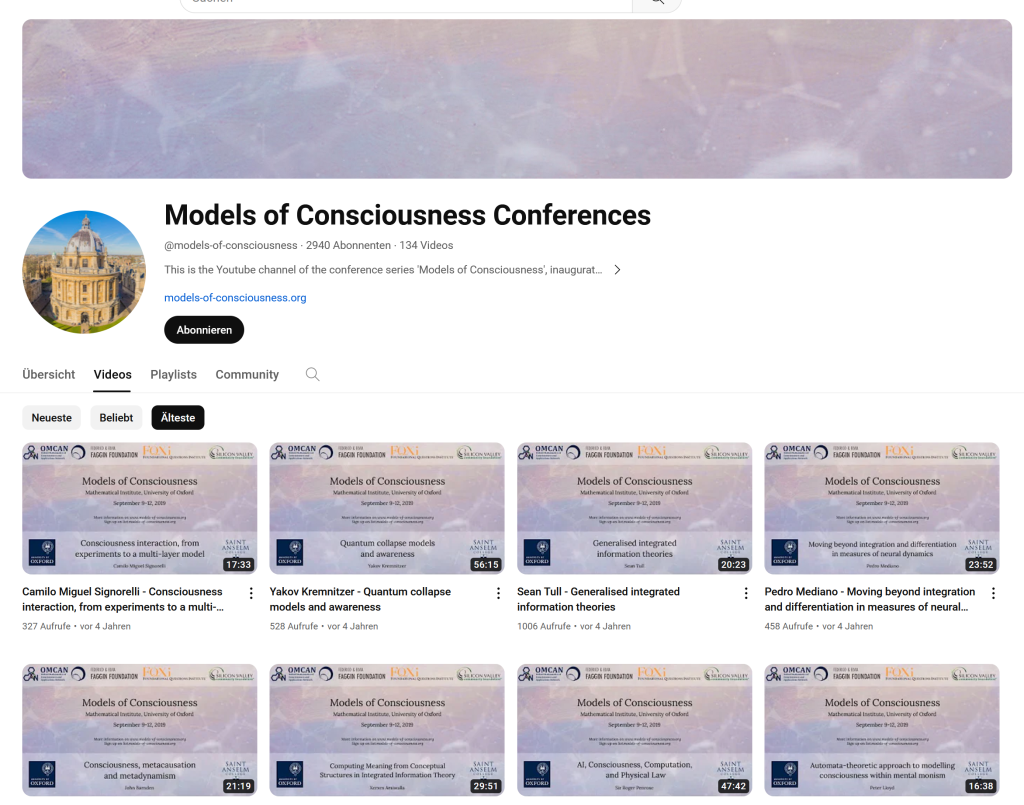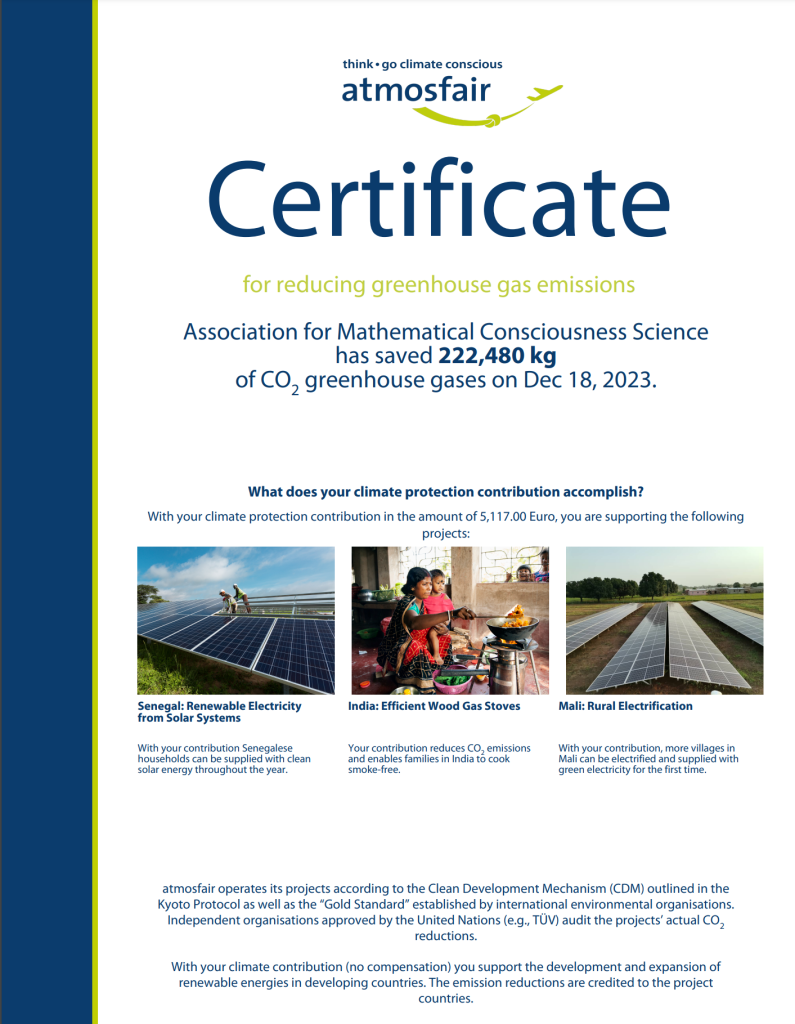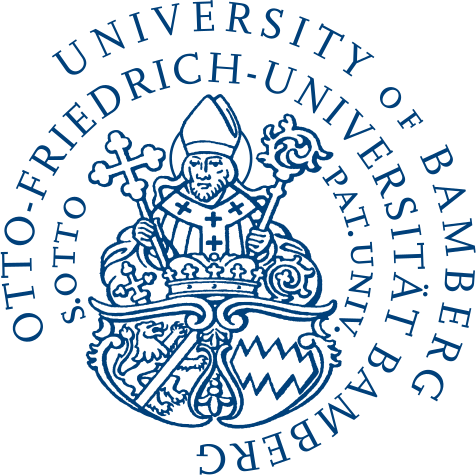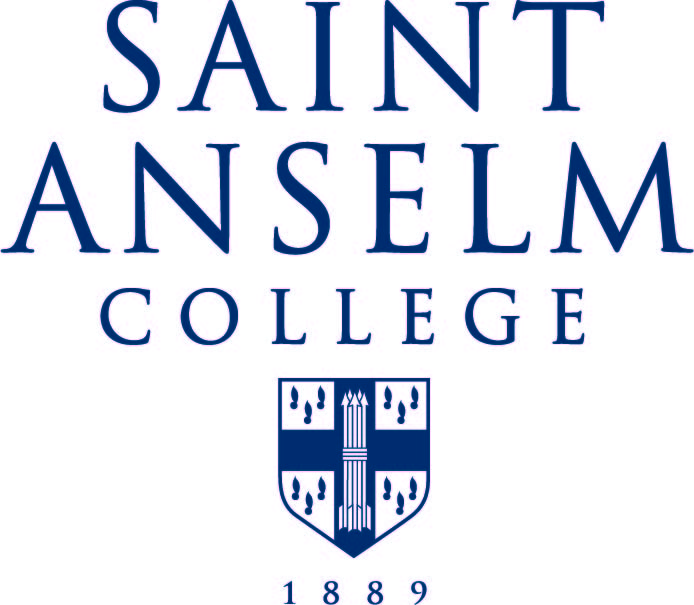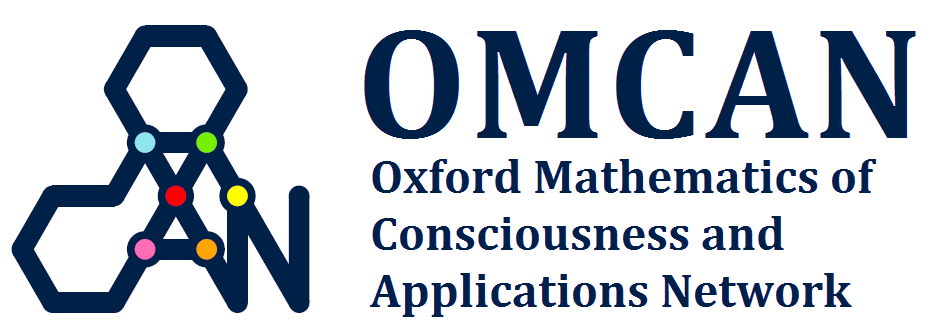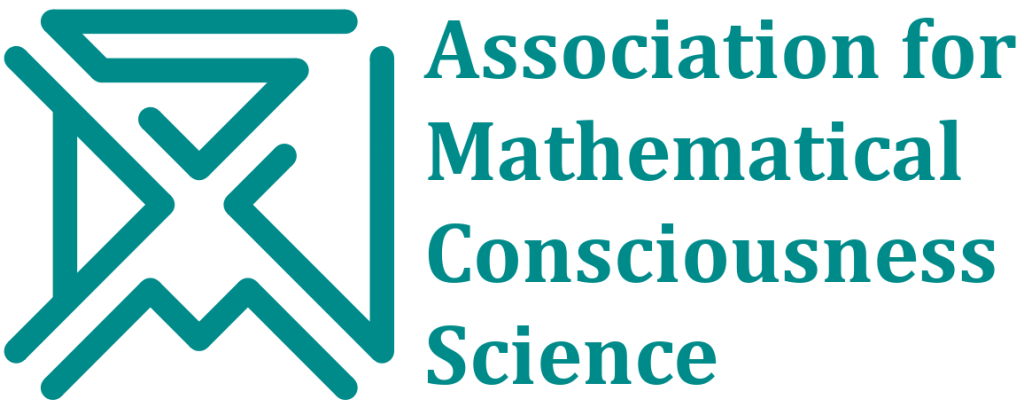University of Bamberg
September 30 – October 4, 2024
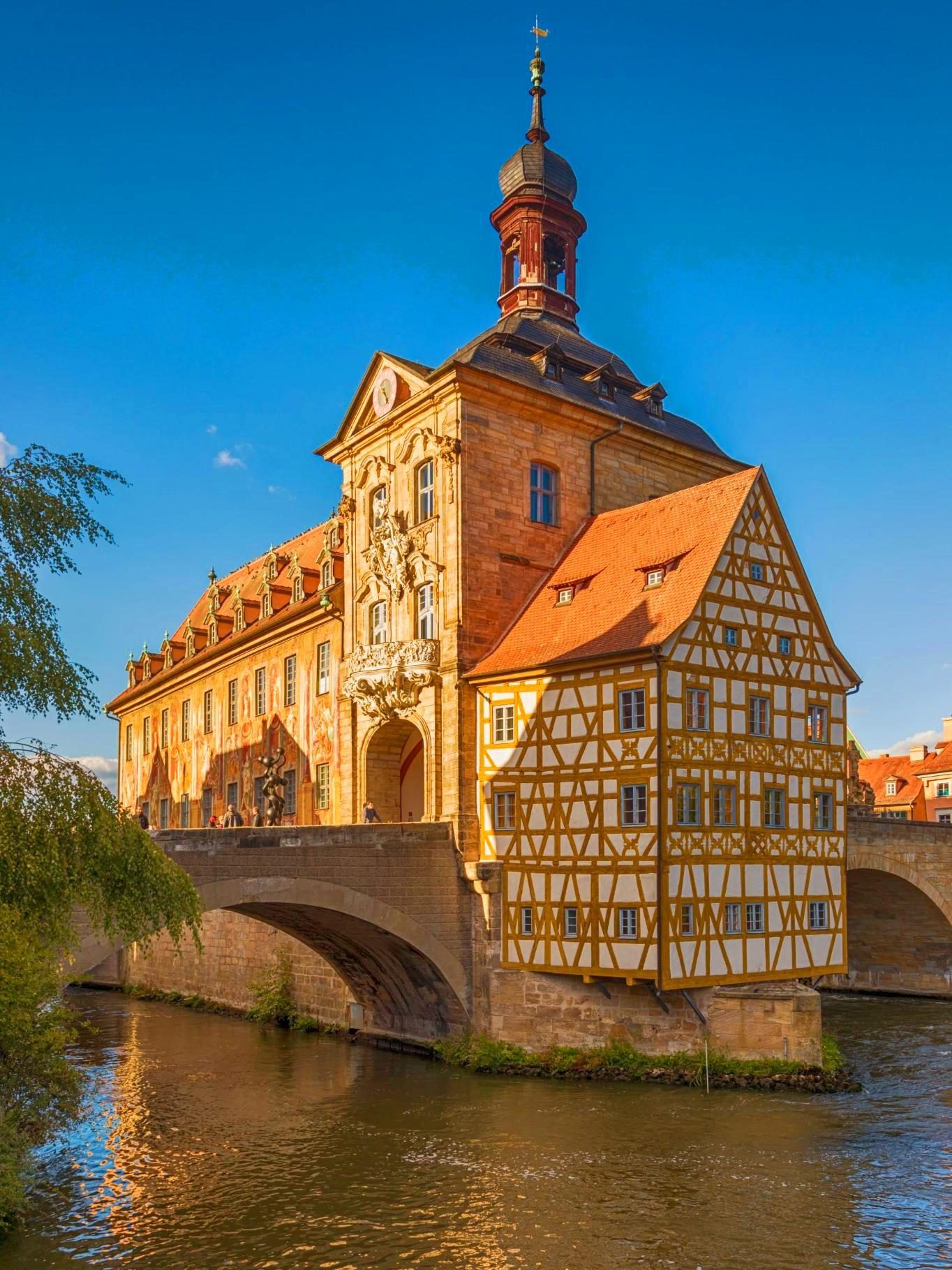
▸ MoC5 Main Page ▸ Practical Information ▸ Registration ▸ Talk Application
Dear friends and colleagues,
On behalf of the Association for Mathematical Consciousness Science, the Institute for Psychology of the University of Bamberg, the Centre for Philosophy and AI Research {PAIR} of the University of Erlangen–Nuremberg, the MPE-Project, and all of our organising and supporting institutions, we are excited to announce the fifth Models of Consciousness conference (MoC5). We are delighted that this year’s conference is a collaboration with the Centre for Philosophy and AI Research {PAIR} and the MPE-Project, and that it also features the third annual MPE meeting.
The conference is devoted to bringing together researchers whose scientific activities relate to models of consciousness, mathematical approaches in the scientific study of consciousness, and minimal phenomenal experience, and welcomes members of all fields in consciousness science to join and present their research. This year’s edition of the conference comprises the following core themes:
▸ Consciousness of Artificial Intelligence
▸ Mathematical Structure and Spaces of Conscious Experiences
▸ Minimal Phenomenal Experience
The MoC conference series began at the University of Oxford in 2019 and was held at Stanford University in 2022 and Oxford University in 2023. Future venues are Japan in 2025 and Shanghai in 2026. We are delighted to host the 2024 version at Bamberg University in central Germany from September 30 to October 4, 2024.
The conference comprises a diverse programme of activities designed to maximize opportunities to advance the scientific goals of the field, including a range of talk options available based on applications, discussion sessions on open questions, and a colourful social programme. Participation is by registration only; the link is at the bottom of this page.
We are very grateful to the Barbara-Wengeler-Foundation and the Stiftung Bewusstseinskultur for supporting this conference financially.
We look forward to welcoming you to Bamberg!
The MoC5 organising committee.
Conference Programme
Invited speakers
We are delighted to welcome the following invited speakers to Models of Consciousness 5!
| —– | Topic (Talk titles will be announced here closer to date.**) | |
| Nihat Ay Head of the Institute for Data Science Foundations, Hamburg University of Technology Santa Fe Institute | AI Consciousness | |
| Charlotte Gauvry Center for Science & Thought, University of Bonn | Borderline Cases of Synthetic Consciousness | |
| Christoph Benzmüller Chair for AI Systems Engineering Department of Information Systems and Applied Computer Sciences University of Bamberg* | AI Consciousness – From the Perspective of a Logician | |
| Martine Nida-Rümelin Department of Philosophy Université de Fribourg | Philosophy of Consciousness | |
| Manuel Blum Bruce Nelson Professor of Computer Science, Carnegie Mellon University Turing Award Winner | AI Consciousness | |
| Ute Schmid Head of Cognitive Systems Group Department of Information Systems and Applied Computer Sciences University of Bamberg* | Can AI systems simulate or have consciousness? | |
| Joel Frohlich Institute for Neuromodulation and Neurotechnology, University of Tübingen | Infant and Fetal Consciousness | |
| Heleen Slagter Director of the Cognition & Plasticity Laboratory, Department of Applied and Experimental Psychology, Vrije Universiteit Amsterdam | Minimal Phenomenal Experience | |
| Henry Shevlin Associate Director, Leverhulme Centre for the Future of Intelligence, University of Cambridge | AI Consciousness | |
| *Shared keynote **50 minutes plus 10 minutes for questions |
Apply to give a talk!
The conference hosts various opportunities for participants to present their research to the community. (Participants are also welcome to attend without giving a talk.)
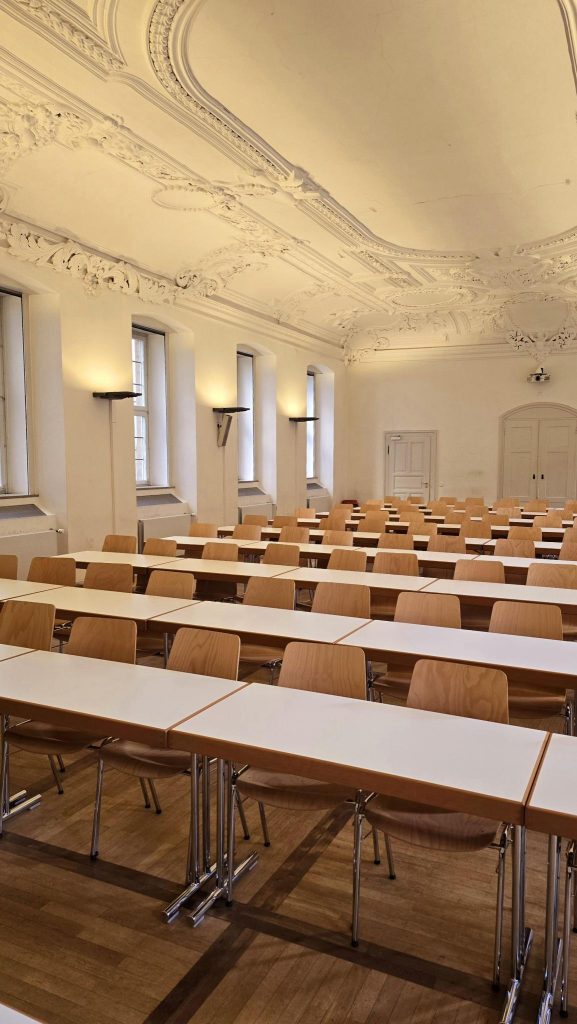
Participant talks
Participants are invited to apply to present their research in a 25-minute talk slot (20 minutes for the talk plus 5 minutes for questions).
Showcase talks
A small number of talk applications may be selected by the organising committee to be “showcase talks” that attract the offer of a 30 or 40-minute non-parallel talk slot.
Lightning talks
Participants are invited to apply to present a 5-minute lightning talk.
For details regarding the application to all talks, please see our talk application page. The extended deadline for all application submissions is 7 July 2024.
Discussion sessions
Following the spirit and tradition of previous MoC conferences, discussion sessions in small groups are an integral part of the conference. These give participants a chance to discuss open questions in the field and are intended to help develop a shared sense of purpose and long-term goals among researchers who work on mathematical approaches in the scientific study of consciousness.
Each discussion session will focus on a specific question, related to models of consciousness, the development of Mathematical Consciousness Science, characterization and classification of research projects, and similar topics that focus on bringing greater clarity and transparency to the field. Participants will also be able to suggest and vote on topics using the conference’s web interface during the conference.
Core Themes
We are delighted to announce that Models of Consciousness 5 comprises the following core themes. (Please note that contributed talk applications are open to any topic, however.)
AI Consciousness
The question of whether Artificial Intelligence is, or can be, conscious. Can AI feel? Is there something it is like to be an AI system? Synthetic Phenomenology. AI Sentience.
Structural Approaches
The study and use of mathematical spaces and mathematical structures to describe, represent, or model conscious experience and phenomenology in experimental, theoretical, and conceptual research. Structuralism. Measurement theory. Quality spaces. Phenomenal spaces. Experience spaces. Qualia structure. Phi structure.
Minimal Phenomenal Experience
Minimal models of conscious experience, of awareness “as such.” Investigations of the phenomenology and neural correlates of minimal subjective experiences; meditation as main entry point. Episodes of “pure consciousness.” See:
https://mpe-project.info/
Social Programme

Excursion
In tradition of earlier meetings, the first day of the conference is devoted to an excursion that allows participants to connect and discuss their ideas, research and interests on a one-on-one basis.
For MoC5, we are excited to host an excursion that features technology, modern art and local culture:
Morning: Guided tour of the German Museum of Masterpieces of Science and Technology in Munich.
Afternoon: Participants can choose to either visit the iconic Oktoberfest in Munich, or visit the famous Pinakothek der Moderne museum of modern art.
For details on the excursion, see our Practical Information page.
Image © München Tourismus, Annika Mittelmeier
Conference Dinner
Participants are invited to join the conference dinner in one of Bamberg’s most romantic restaurants, located within the historic Michaelsberg Abbey. The restaurant has been selected to feature both haut cuisine and affordable options for students.
Image by rawpixel on Freepik.

Socializing
Outside of conference activities, Bamberg, a UNESCO World Heritage Site and once centre of the Holy Roman Empire, offers a host of opportunities for cultural and social activities. Stay tuned for details!
More Information
For more information, please visit the conference’s subpages:
▸ MoC5 Main Page ▸ Practical Information ▸ Registration ▸ Talk Application
Conference Videos
Video recordings of previous conferences are available on the conference’s YouTube channel.
Conference Booklet
The conference booklet will be made available on this website 3-4 weeks before the conference.
Poster
A conference poster will be made available here shortly.
Carbon offsetting
The AMCS constitution includes an environmental policy that commits the association to pay particular attention to how carbon offsetting can be incorporated into plans for international events such as conferences.
Accordingly, the conference registration fee includes an optional flat carbon offsetting charge.
Over MoC3 and MoC4, a total of €10,817.00 was raised and paid to Atmosfair, a German non-profit organization that actively specialises in CO₂ mitigation by promoting, developing and financing renewable energies in over 15 countries worldwide. Many thanks to all those paying the MoC5 offsetting levy.
How to join the conference?
We invite researchers of all disciplines who have an interest in the scientific study of consciousness to join MoC5.
▸ Participation in the conference requires registration using the online registration form.
▸ Details about travel, accommodation, and the venue are available on our practical information page.
▸ If you would like to give a talk, please apply using our talk application form.
Extended deadline for talk applications: 7 July 2024.
Deadline for registration: 31 August 2024.
Organisers and Advisory Board
Advisory Board
Ian Durham
Department of Physics, Saint Anselm College, USA
Lenore Blum
Distinguished Career Professor of Computer Science Emerita, Carnegie Mellon University
Claus H. Carstensen
Head of Psychological Methods of Educational Research, University of Bamberg
Vincent C. Müller
Director of the Centre for Philosophy and AI Research {PAIR},
Friedrich-Alexander University Erlangen-Nürnberg
Yakov Kremnitzer
Oxford Mathematics of Consciousness and Applications Network, Mathematical Institute, University of Oxford, UK
Thomas Metzinger
Director, Minimal Phenomenal Experience Research Network
Institute for Theoretical Philosophy, Johannes Gutenberg University of Mainz
Adjunct Fellow, Frankfurt Institute for Advanced Studies
Organisers
Johannes Kleiner
Institute for Psychology, University of Bamberg & Munich Center for Mathematical Philosophy & Graduate School of Systemic Neurosciences, Ludwig Maximilian University of Munich
Jonathan Mason
Oxford Mathematics of Consciousness and Applications Network, UK
Keenan Down
Cambridge Consciousness & Cognition Lab and Queen Mary University of London
Sascha Benjamin Fink
Centre for Philosophy and AI Research {PAIR}, Friedrich-Alexander University Erlangen-Nürnberg
Wanja Wiese
Institute for Philosophy II, Ruhr University Bochum, Germany
Sophie Taylor
Queensland University of Technology
Robert Prentner
Institute of Humanities, ShanghaiTech University
Robin Lorenz
Quantinuum
Organising and Supporting Institutions

ShanghaiTech University
Institute of Humanities
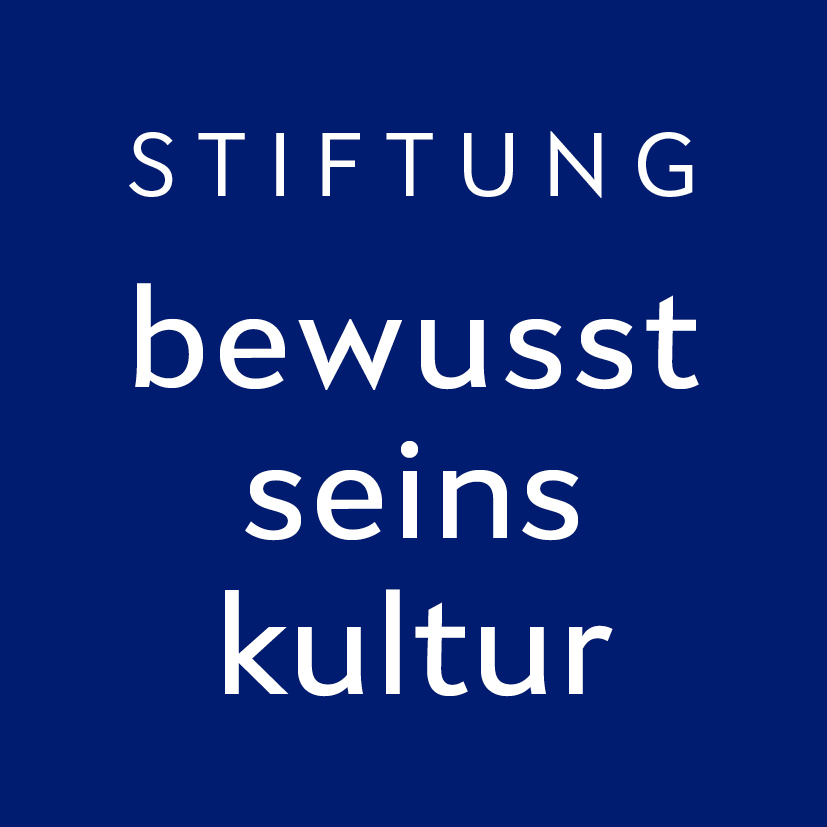
Stiftung Bewusstseinskultur
Contact
In case of any question, please do not hesitate to contact us at moc5-organisers@amcs.science.
▸ MoC5 Main Page ▸ Practical Information ▸ Registration ▸ Talk Application
Main picture from Wikimedia Commons, shared under Creative Commons Attribution-Share Alike 4.0 International license. Pictures of artwork of the Pinakothek der Moderne from Wikipedia.
